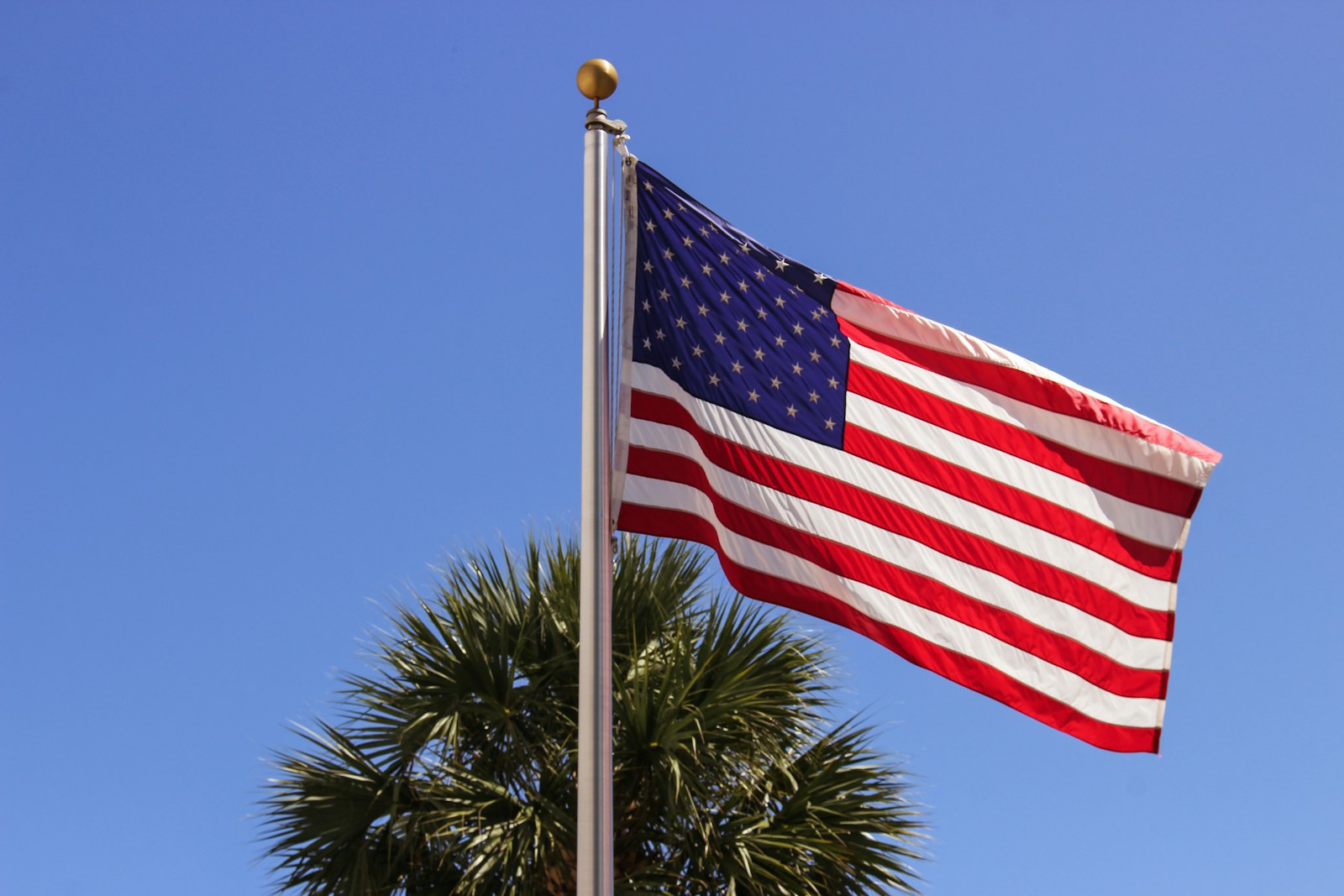Key Takeaways
- Governor Newsom calls Trump’s offshore drilling plan “reckless” and “idiotic.”
- Interior Secretary Burgum defends it as a way to keep America energy dominant.
- Conservation groups warn of threats to coastal health, economies, and the environment.
- Florida’s Senator Rick Scott pushes a law to ban coastal drilling through 2032.
Offshore Drilling Debate: What You Need to Know
California Governor Gavin Newsom slammed President Trump’s offshore drilling plan on Thursday. He said it risks coastal communities and the state’s economy. Moreover, Newsom accused the administration of selling out to Big Oil donors. His statement used strong words like “idiotic” and “dead in the water” to emphasize the threat to Californians’ safety and livelihoods.
Meanwhile, Interior Secretary Doug Burgum called the proposal “forward-thinking.” He argued that offshore drilling will boost America’s energy dominance. He pointed out that previous policies stalled offshore oil and gas leasing. Therefore, reopening these waters would revive a long-term pipeline of production. Burgum said this move will keep workers employed and strengthen the nation’s energy future.
Newsom fired back, saying Trump’s plan is reckless. He argued that it endangers California’s coastal economy, tourism, and fishing industries. He added that the proposal puts the health of families and marine life at risk. Newsom’s strong language shows he will defend the coast at every turn. He vowed to block any project that harms beaches or local jobs.
For decades, California opposed new offshore drilling. This stance grew stronger after the 2021 Huntington Beach spill. At that time, a pipeline leak released thousands of gallons of oil into the ocean. Beaches closed and wildlife suffered. In response, Newsom backed a congressional effort to ban new West Coast drilling. He also pushed for tougher safety rules to prevent another disaster.
Conservation groups added their voices to the debate. The League of Conservation Voters called Trump’s offshore drilling expansion “dangerous.” Their program director warned that the plan would jeopardize coastal communities and public health. She said it would prolong dependence on fossil fuels without lowering energy costs. Furthermore, the group highlighted risks to tourism and local businesses that rely on clean beaches.
In Florida, Senator Rick Scott introduced the American Shores Protection Act. This law aims to ban any new drilling off Florida’s coast until 2032. Scott emphasized that Florida’s beaches and coastal waters drive the state’s economy and way of life. He recalled working with President Trump to keep a drilling moratorium in place during the first term. Now, he wants to make that protection permanent through legislation.
Scott noted that Florida’s tourism and fishing industries employ millions of people. He argued that offshore drilling threatens those jobs and the state’s natural treasures. He promised to keep Florida’s shoreline pristine for future generations. His proposal shows that even Republican leaders can limit offshore drilling when their states depend on clean beaches.
Trump’s offshore drilling plan would reverse the Biden administration’s pause on new leases. President Biden halted offshore oil and gas leasing to focus on clean energy goals. He sought to reduce carbon emissions and combat climate change. However, Trump’s plan would reopen vast areas for drilling, locking the U.S. into fossil fuel use for decades.
Critics say this move ignores climate science and renewable energy advances. They warn that increased offshore drilling risks more oil spills and wildlife damage. They point out that a single spill can cost local economies millions. In addition, they argue that public health suffers when oil platforms leak chemicals into the water.
Supporters counter that offshore drilling creates high-paying jobs and energy security. They claim it will lower energy costs for American families and businesses. They highlight data showing that domestic oil production can reduce reliance on foreign imports. Furthermore, they say a strong oil industry helps control inflation by stabilizing fuel prices.
This debate underscores a deep split over U.S. energy policy. Coastal states like California fear ecological harm. Other states see offshore drilling as a tool for economic growth and national security. Consequently, this clash will shape the politics of energy in the coming years.
The legal fight has already begun. New offshore leasing plans must pass environmental reviews under federal law. They also face lawsuits from states, tribes, and environmental groups. Courts could halt drilling until agencies complete detailed studies on spill risks and wildlife impacts. Meanwhile, Congress holds the power to approve or block new offshore drilling measures.
Local communities may take matters into their own hands. Voters could push for county or city bans on drilling near beaches. Some coastal towns already forbid new oil platforms within view of their shores. These grassroots efforts show that public opinion can influence state and federal policy.
As the offshore drilling fight unfolds, Americans will watch closely. The outcome will affect energy prices, climate goals, and coastal economies. Whether the plan moves forward or stalls, this debate highlights the challenge of balancing energy needs with environmental protection.
Frequently Asked Questions
What is Trump’s offshore drilling plan?
Trump’s proposal aims to resume new oil and gas leases in offshore waters. It would reverse the current pause on offshore drilling and expand production zones for decades.
Why does Governor Newsom oppose offshore drilling?
Newsom argues that new offshore drilling threatens coastal economies, public health, and the environment. He calls the plan reckless and says it serves Big Oil donors at Californians’ expense.
How would offshore drilling affect coastal communities?
Offshore drilling can create jobs but also carries spill risks. A leak could harm marine life, pollute beaches, and damage tourism and fishing industries.
What is the American Shores Protection Act?
This law, proposed by Senator Rick Scott, would ban new offshore drilling off Florida’s coasts until 2032. It aims to protect beaches, tourism, and local economies from oil drilling impacts.
